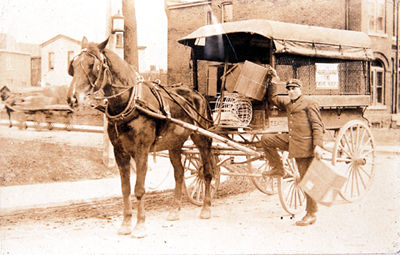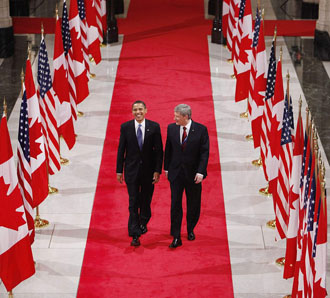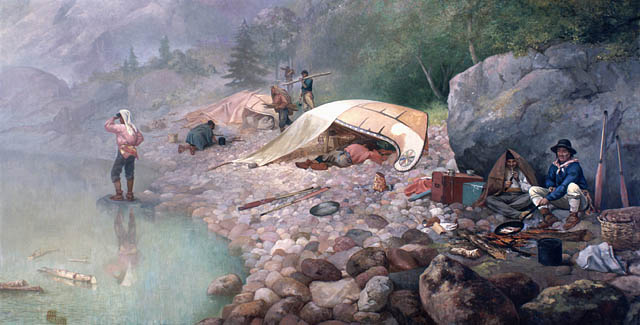Article
Duffus, Romans, Kundzins, Rounsefell Ltd
Duffus, Romans, Kundzins, Rounsefell Ltd Duffus, Romans, Kundzins, Rounsefell Ltd, architects, Halifax, was founded in 1949 and has executed a variety of important commissions, including: the Nova Scotia Museum (1970), the Izaak Walton Killam Hospital for Children (1970), Historic Properties (1974), and the Library at Kings College (1991), all in Halifax; the Bedford Institute of Oceanography (1958, 1968, 1977), and the Alderney Gate Civic Centre (1990), both in Dartmouth, NS; and the Valley Regional Hospital...







